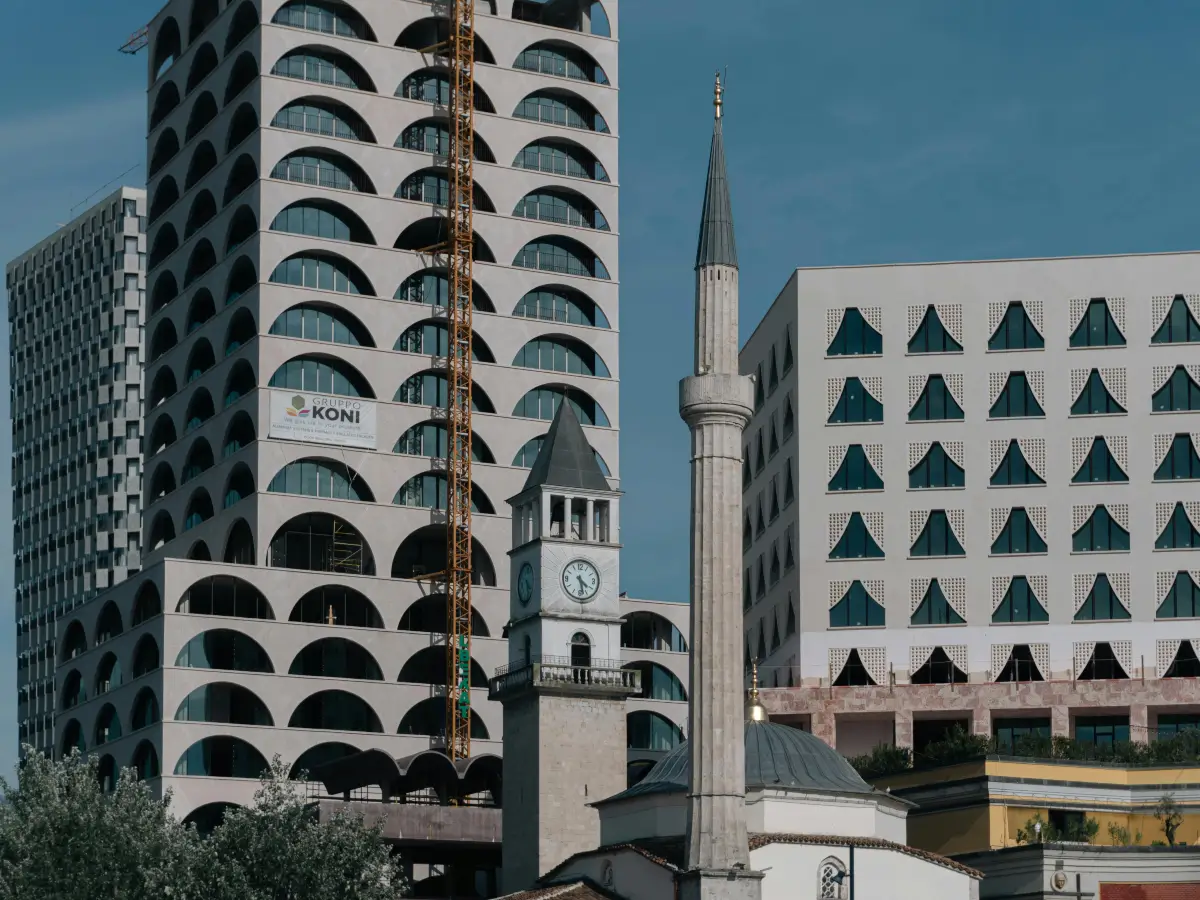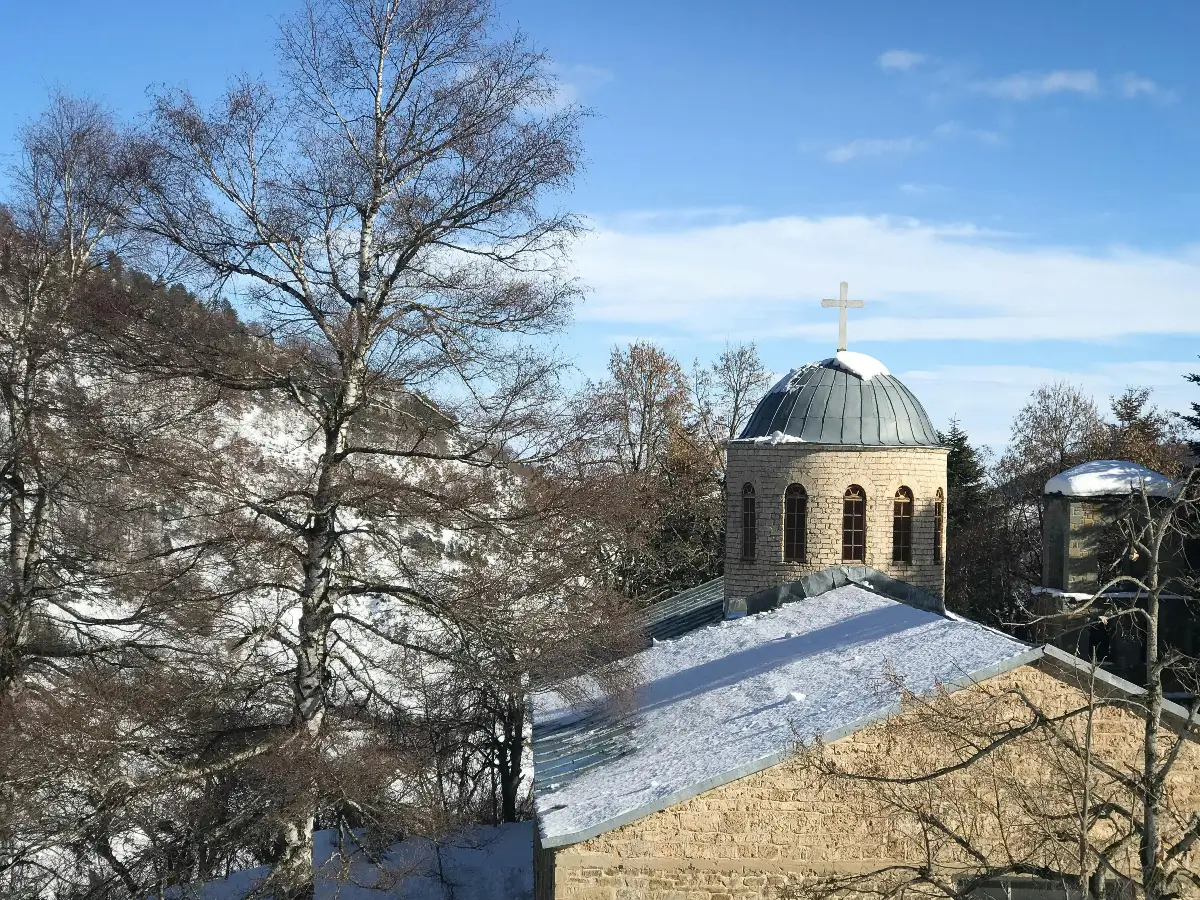Albania is a country with one of the most unique religious landscapes in Europe. Unlike many places where religious identity defines political or social boundaries, Albania is known for something different — peaceful coexistence. Here, mosques and churches often stand near each other. Religious holidays are shared, not divided. And respect for different beliefs is not just preached — it is practiced.
This spirit of coexistence didn’t happen by accident. It comes from a long and complex religious history that has shaped Albania’s national identity and daily life for centuries.

A diverse religious foundation
Albania’s religious diversity dates back to ancient times, influenced by waves of conquest, trade, and empire. As borders shifted and powers changed, different faiths left their mark on the land and its people. Today, Albania officially recognizes several religious communities, and all are free to practice openly.
The primary religious groups in Albania include:
-
Sunni Muslims – The largest religious group, dating back to the Ottoman era
-
Bektashi Muslims – A Sufi order with deep roots in Albanian culture, especially in the south
-
Orthodox Christians – Mostly in the southeast, with ties to Greek and Slavic traditions
-
Catholic Christians – Strongest in the north and along the coast, with deep historical presence
-
Other minorities – Including Evangelical Christians, Jehovah’s Witnesses, and small Jewish communities
These communities often overlap in towns, neighborhoods, and even families — creating a blended society where religious identity is personal but not divisive.
Communism and the atheist chapter
From 1967 until the early 1990s, Albania was declared the world’s first atheist state under communist rule. Religious institutions were closed, clergy were imprisoned or exiled, and public expression of faith was banned. Churches and mosques were repurposed, destroyed, or left abandoned.
This era left a deep impact. But instead of erasing religion, it forced it into silence — and many families preserved their faith quietly, passing down traditions in private. When religious freedom was restored in the 1990s, many Albanians returned to their faith not with anger, but with a quiet resilience.
Coexistence as a national value
One of the most remarkable features of Albanian religious life is how little tension exists between different faiths. Religious leaders attend each other’s ceremonies. Families of mixed faiths celebrate each other’s holidays. It is common for a household to prepare food for both Eid and Christmas, or for neighbors to exchange greetings regardless of belief.
This mutual respect is often described as a cultural norm, not just a legal right. It is part of what defines being Albanian — a mindset that places unity above division, and people above doctrine.

How coexistence is practiced in daily life
Religious harmony is not only visible in symbols or ceremonies. It lives in small, daily interactions across the country:
-
Joint celebrations during religious holidays, often with shared meals and open homes
-
Interfaith marriages that are accepted by families and communities
-
Students of different faiths learning together in schools without conflict
-
Public religious tolerance, with no pressure to convert or separate
-
Peaceful villages where mosques and churches exist side by side
These behaviors are not enforced — they are natural. They reflect a deep-rooted belief that religion is personal, and kindness is universal.
A model for the region and beyond
In a region where religious conflict has left scars, Albania stands out as an example of peaceful coexistence. It proves that diversity does not have to lead to division — that a shared national identity can be stronger than any religious difference.
This spirit is now one of Albania’s greatest strengths, admired both within and beyond its borders. It offers a quiet lesson: that tolerance doesn’t need to be dramatic, just consistent — and that true respect is shown in how people live together every day.